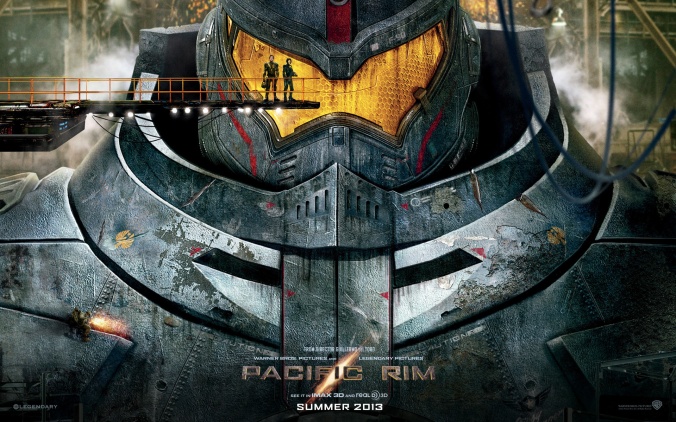This week’s Narrative Nuisance is going to be a little short but about the kinds of stories that are near and dear to my heart: stories that are small and personal in nature but are told in a grand and epic way. And when I say epic, I mean the original sense of the term: relating to the stories of mythic and legendary heroes as told in epic poetry (Achilles, Odysseus, Rostam, Beowulf, Cuchulain, and their compatriots).
As far as I know, there isn’t an “official” term for these kinds of stories. So for the sake of brevity, I will call these “personal epics.”
Some of you might be wondering: what on earth are you talking about? Do you have any examples?
As a matter of fact, I do. Here they are with a brief description of their personal stories:
Star Wars (only the original trilogy, for now): a young man leaves his home to learn more about who he is, where he came from, and what he wants to do only to discover that his presumed dead father is the very thing he swore to never become, causing him to question his identity and role in the world (or, rather, galaxy).
Pacific Rim: A military man, who left his unit after experiencing unbearable trauma in the field, comes out of retirement to train a rookie who has become a soldier to avenge her family lost in the war. Together, they learn to overcome their traumas and fears so they can protect what they love.
Guardians of the Galaxy, Vol. 2: A young man, who still feels abandoned by his parents, has difficulty forming close relationships with his newfound friends. When his absentee father returns to his life, he skeptically but openly tries to get to know him. When his father attempts to force the man to abandon everything he loves, including the memory of his deceased mother, he finds solace in his “found” family that he had all along.
The list continues, including but not limited to: The Godfather, Thor, the Captain America trilogy, the Back to the Future trilogy, Lord of the Rings, and The Hobbit (the book does it better than the movies).

Each of these stories, when boiled down to their core narrative beats, could be told in a grounded, realistic, and dramatic way, using the best dramatic actors in the business.
However, each of these stories decided to tell their stories in the largest, most bombastic ways possible.
And I love each and every one of them, which is more than I can say for the slew of supposedly “groundbreaking” Oscar-bait dramas and biopics released during awards season.
But what makes these stories work? Why are they so memorable, some so much that stick with the popular consciousness for decades?
First, the personal conflict told with an epic backdrop only helps to accentuate the personal stakes at hand. For example, in Thor, the conflict between brothers Thor and Loki is made all the more intense, all the more tragic, all the more memorable when the actual stakes, the fate of Asgard and the Nine Realms, match the personal stakes, Thor trying to repair their broken relationship and overcome his brother’s resentment. In Guardians of the Galaxy, Vol. 2, Peter Quill’s feelings of abandonment and betrayal from his father, the celestial living planet Ego, is heightened by the fact Ego gave Peter’s mother cancer because she was a distraction from the purpose Ego believed he and his celestial son were supposed to have.
Second, heightened real and personal stakes reveal the flaws and dangers of the demons and the “Lie” the protagonist carries and tells him/herself. When the fate of the world is at hand, it puts everything in perspective. For example, in Pacific Rim, Raleigh Beckett initially refuses Marshal Stacker Pentecost’s offer to rejoin the the Jaeger program in a last-ditch effort against the kaiju. Raleigh not only witnessed but literally felt his brother’s death at the hands of a kaiju, so he refuses to pilot ever again; however, when the desperation of the world is made more apparent when a kaiju easily knocks out the protective wall the Pacific Rim nations are building, Raleigh Beckett concedes, leaving his personal hangups behind for the greater good.
The success and failure of blockbuster films and stories like these hinge on their ability to tell these “personal epics”. If the stakes are sufficiently personal for the protagonists and (sometimes) antagonists, then few people are going to stick around for a story about a group of boring, barely fleshed out people saving the world or doing the thing the plot has set them out to do (see my previous post on Pirates of the Caribbean for an example on how it’s done poorly and how to fix it). These epics tend to be more memorable and stick around longer; for example, more people tend to remember the epic storylines and personal drama from the Iliad over the comparatively smaller drama behind Oedipus Rex. We shouldn’t accept blockbuster films as mere escapism or “popcorn” movies but as opportunities to use the grand nature of their backgrounds to tell the most compelling stories of our time.